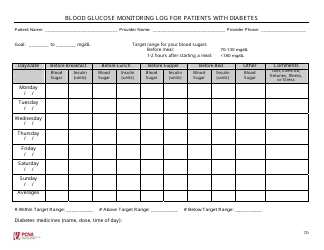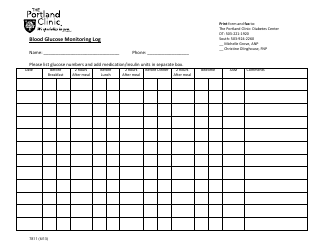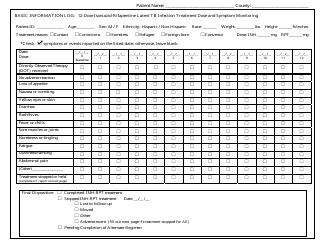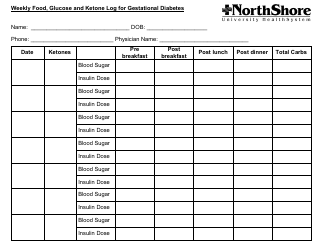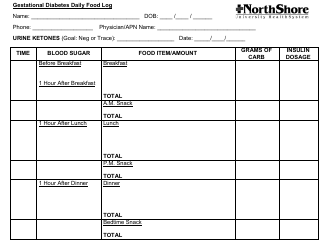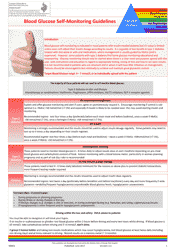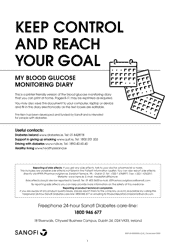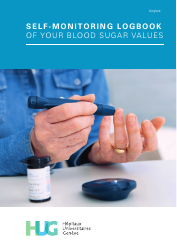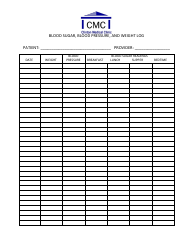Blood Glucose Monitoring Log - Gestational Diabetes
A Blood Glucose Monitoring Log for Gestational Diabetes is used to track and record the levels of glucose (sugar) in the blood for pregnant women who have been diagnosed with gestational diabetes. It helps monitor and manage blood sugar levels to ensure a healthy pregnancy.
The blood glucose monitoring log for gestational diabetes is typically filed by the individual who is monitoring their blood glucose levels.
FAQ
Q: What is a blood glucose monitoring log?
A: A blood glucose monitoring log is a record of your blood sugar levels over time.
Q: What is gestational diabetes?
A: Gestational diabetes is a type of diabetes that occurs during pregnancy.
Q: Why is blood glucose monitoring important for gestational diabetes?
A: Blood glucose monitoring is important for gestational diabetes to keep track of blood sugar levels and ensure they stay within a healthy range.
Q: How often should I check my blood sugar levels?
A: Your healthcare provider will advise you on how often to check your blood sugar levels. Typically, it can be several times a day, including before and after meals.
Q: What are the target blood sugar levels for gestational diabetes?
A: Target blood sugar levels for gestational diabetes may vary, but generally, fasting blood sugar levels should be below 95 mg/dL and after-meal levels should be below 130-140 mg/dL.
Q: How do I use a blood glucose monitoring log?
A: To use a blood glucose monitoring log, record your blood sugar levels at the specified times and keep track of any accompanying details, such as meals and medication.
Q: Can I manage gestational diabetes with diet and exercise alone?
A: In some cases, diet and exercise may be enough to manage gestational diabetes. However, your healthcare provider will determine the best course of treatment for you.
Q: What complications can arise from gestational diabetes?
A: Complications of gestational diabetes can include high blood pressure, premature birth, and increased risk of developing type 2 diabetes later in life.
Q: Is gestational diabetes permanent?
A: Gestational diabetes is typically temporary and resolves after giving birth. However, it increases the risk of developing type 2 diabetes in the future.
Q: What can I do to prevent gestational diabetes?
A: While not all cases of gestational diabetes can be prevented, maintaining a healthy lifestyle, including regular exercise and a balanced diet, can help reduce the risk.


